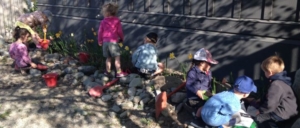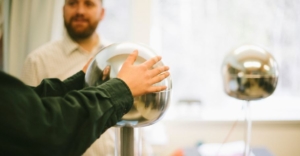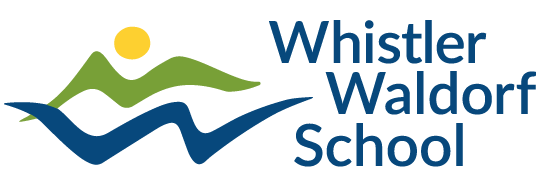Why Student Led Conferences?

This year, the Lower School, and most recently the High School faculty and students, worked together to hold Student Led Conferences. Successful student-led conferences require changes in the role that teacher, student and parent have played in traditional parent conferencing. Teachers become facilitators, students become leaders and parents become active listeners and questioners.
Having students lead a conference with parents is a way to maximize student involvement as it promotes three elements essential to improving student performance in school: Relevance; why we are teaching what we are teaching to students: Responsibility; making the students more responsible for learning and: Reporting; engaging parents into the stream of student progress in learning.
It is now widely accepted by policy makers and educators that when parents are involved in their children’s education, children are more likely to succeed in school. Parent have great influence on school success by giving attention to their children’s needs and interests. The greatest influence on learning is not simply the methods used, but the ability to motivate a love of learning. What I enjoyed most about the Student Led Conferences was my engagement with the students and the quality of interactions between students, parents and teachers.
– Rubeena Sandhu, Director of Education



